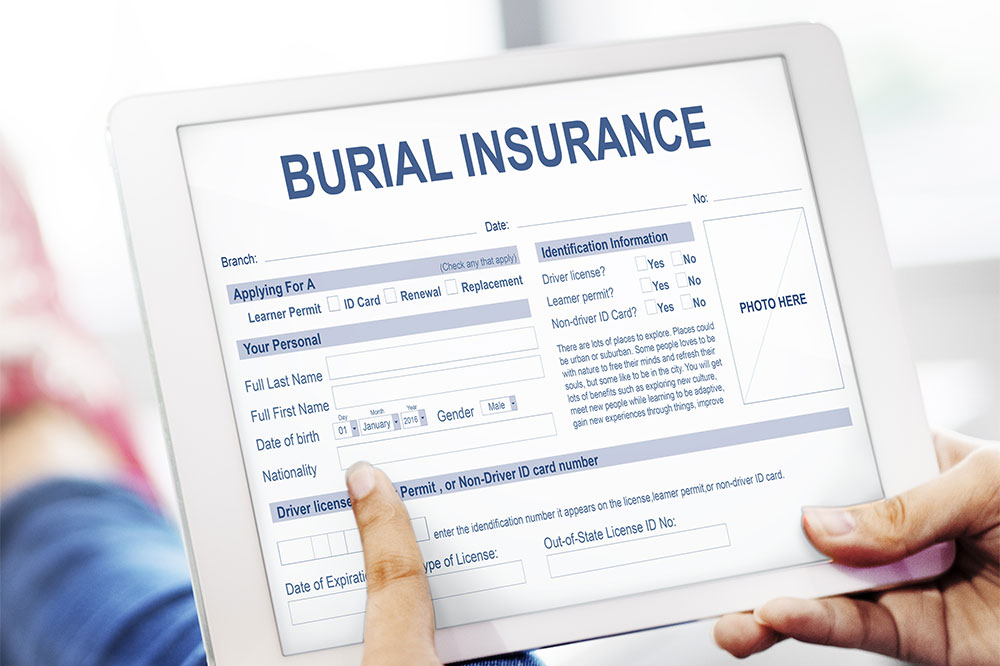A quick guide about car insurance in NY
If you own a car and live in New York, it is imperative that you know the basics of New York car insurance coverage options. The following information will help you out:
Top three things about New York car insurance:
- Your driver must have an up-to-date car insurance that fulfills the NY required insurance coverage standards.
- Suppose, you have been pulled over by police for ignoring the traffic and do not have a current car insurance ID card, you will still get a ticket.

NY, a no-fault insurance state: This coverage is to help covered drivers and passengers to recover from an accident and get back to work. This coverage is provided irrespective of who might have caused an accident to occur. Here, Personal Injury Protection is a required no-fault coverage.
Personal Injury Protection: Personal injury protection covers all medical and rehabilitation expenses. It also provides death benefits and includes other household expenses. It bears a portion of the earnings from not being able to work up to three years.
Car insurance in New York- minimum coverage: If you have registered your car with the NY Department of Motor Vehicles (DMV), then your insurance needs to meet the New York liability coverage minimums. These include the minimum amounts for bodily injury, property damage, uninsured or undersigned bodily injury and basic personal injury protection.
Teen driver laws: According to the legislation of New York, a teen must be 16 years or above to apply for a learner’s permit. Then the teen goes through a process of continuous exams both written and practical, and if he passes, he can obtain a Junior License.
Teen license restrictions: The teen license restrictions differ from place to place. It depends on where you live. You need to go through the restrictions to know about those in your hometown.




